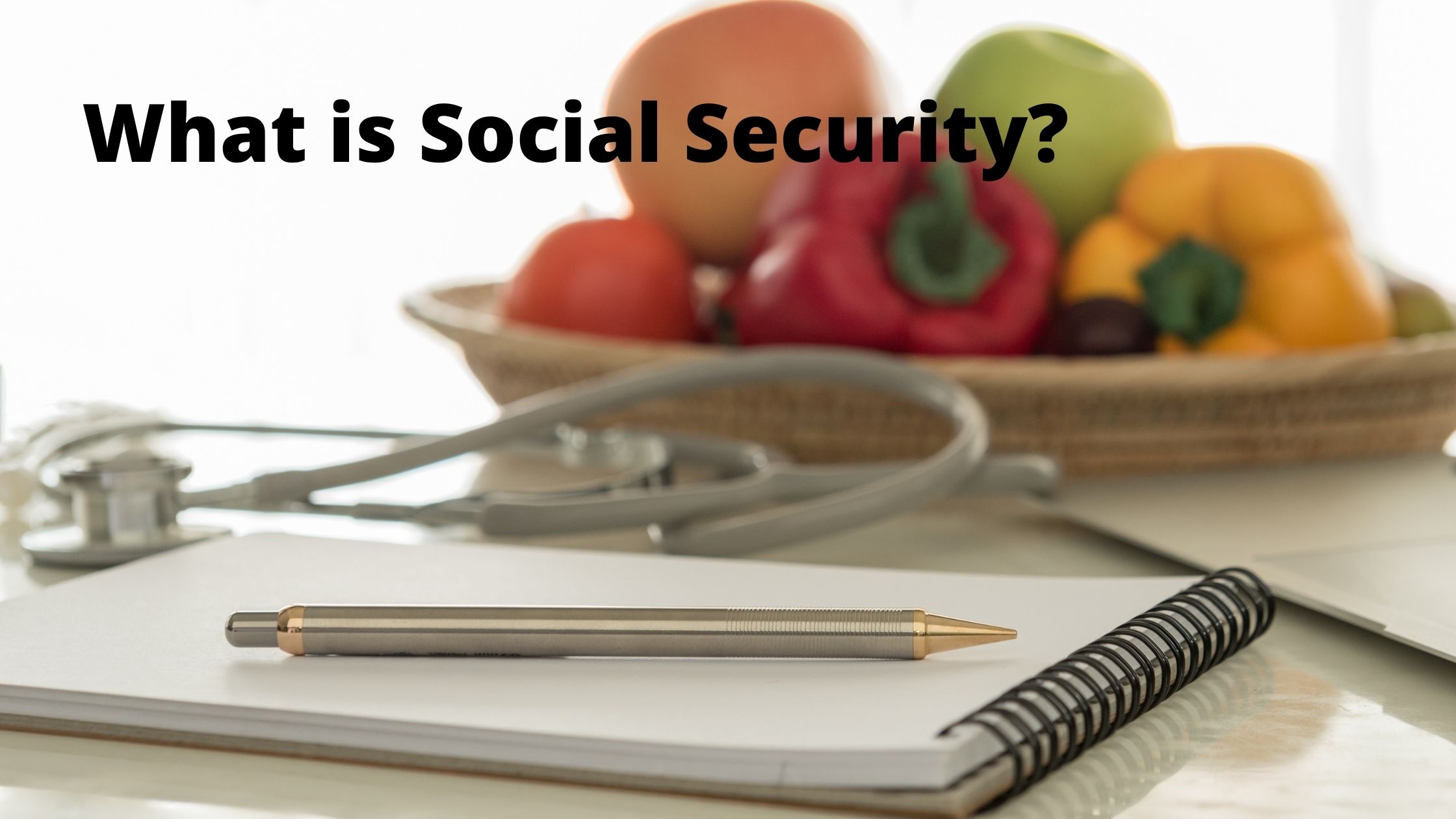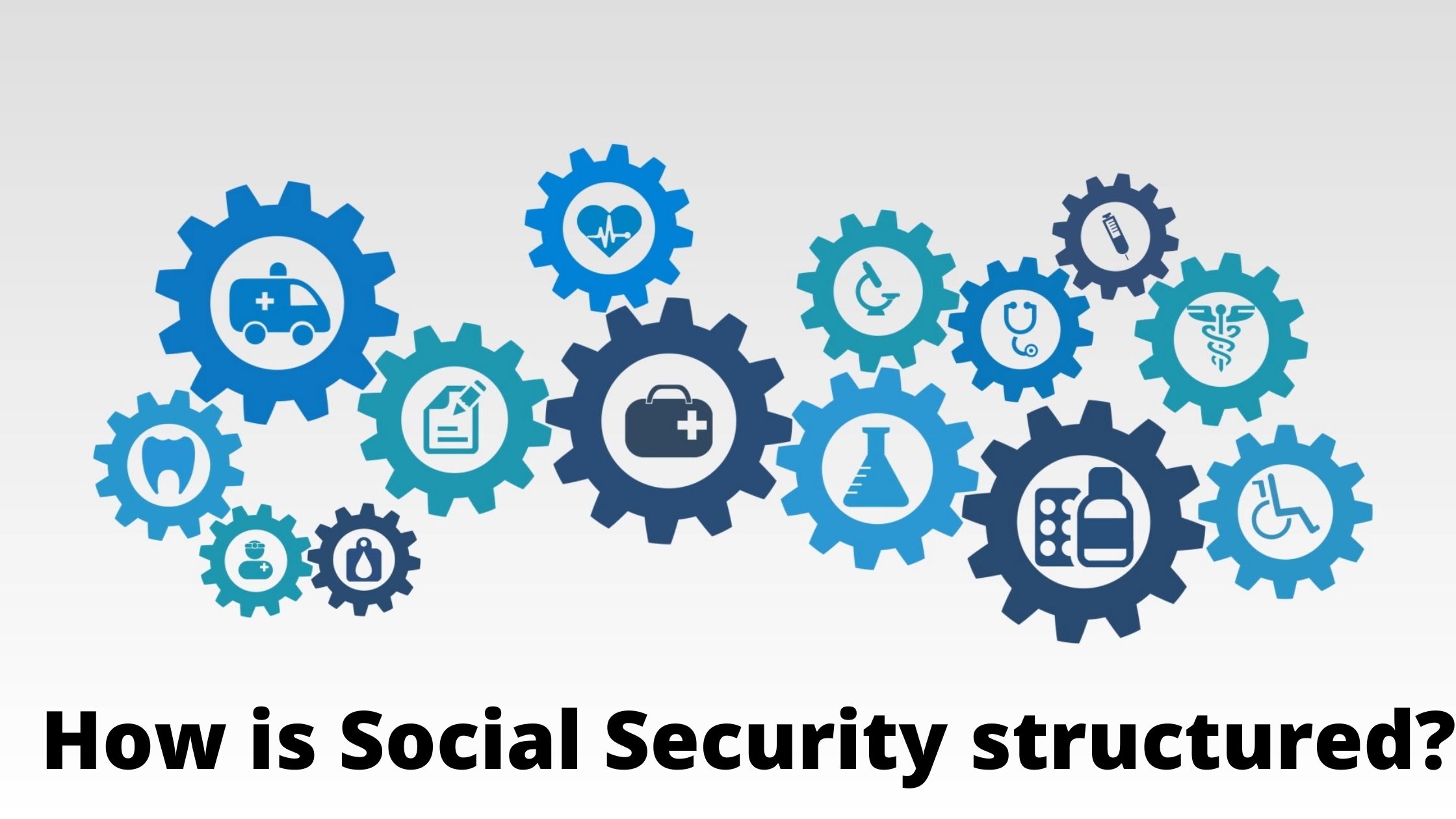Social Security is a government program that provides income to individuals who are unable to work due to a disability. As you might imagine, this can be a very important program for people who rely on it for their survival. In this beginner’s guide, we’ll cover everything you need to know about social security disability benefits, from how they work to the most common questions people have about them.
What is Social Security?
Social Security is a government program that provides retirement, disability, and survivors benefits to people who have worked in the United States.
People with disabilities can get Social Security benefits if they have worked long enough and paid Social Security taxes.
To qualify for Social Security benefits, you must be over 50 years old and have worked at least 10 years in the United States.
If you are not yet 50 years old, you can still get started on your Social Security claim by doing a self-assessment. This will help you figure out if you are eligible for benefits.
If you are already 50 years old or older, you can find out how much money you could receive by doing a benefit estimate.
How is Social Security structured?
Social Security is a retirement and social insurance program in the United States designed to provide financial security for people who have retired or are currently not working. Social Security benefits are based on your wages, your work history, and whether you have paid into the system. The program offers a range of benefits, including retirement income, disability insurance, and survivors benefits.
To qualify for Social Security, you must have worked in the U.S. for at least 10 years and contributed at least 4% of your wages to the system. You can also receive benefits if you are receiving disability income or if your spouse or child is receiving disability income. In order to receive full benefits, you must be 65 years old or older when you die or reach retirement age.
To find out more about Social Security, visit the website or call 1-800-772-1213.
What rights do I have as a person with disabilities under Social Security?
There are a few things to keep in mind when it comes to Social Security and people with disabilities. First, anyone can apply for Social Security benefits, regardless of whether they have a disability. Second, if you have a disability and are claiming benefits, you may be eligible for special benefits that are not available to non-disabled people. Third, your benefits may be reduced if you don’t meet certain work or income requirements. Fourth, you can apply for Medicare at any time after you turn 65 years old. Fifth, there are also some protections available if you need help paying your Social Security benefits or if your benefits are terminated because you no longer have a disability.
For more information on these topics or to get started applying for Social Security benefits, please visit the Social Security website or call (800) 772-1213.
What are the benefits of Social Security for people with disabilities?
The Social Security Administration (SSA) has a website that provides information about the benefits of Social Security for people with disabilities. The site includes an overview of the program, how to apply for benefits, how benefits are calculated, and how disability income is taxed. The site also includes a section on retirement planning for people with disabilities.
The website provides information about the following areas:
– Income and resources you can count on:
– How benefits are based on your income and resources.
– How to apply for benefits.
– How benefits are calculated.
– Retirement planning considerations for people with disabilities.
How can I increase my chances of receiving Social Security benefits?
There are a few things you can do to increase your chances of receiving Social Security benefits if you have a disability. First, make sure you file your applications as early as possible. The earlier you file, the more likely you are to receive benefits. Second, make sure all of your documentation is accurate and up to date. If you can, get copies of all your medical records and evaluations, and keep them in a safe place. Finally, be persistent – even if you don’t think you have a chance of being approved for benefits, keep trying. There are often small changes that can result in large increases in benefits.
Conclusion
Social Security is a vital program for millions of Americans, and for people with disabilities it can be even more important. In this beginner’s guide, we’ll explain the basics of social security disability insurance, including how it works and what benefits you may qualify for. We’ll also provide tips on how to get started if you are eligible, as well as advice on common questions and concerns that people with disabilities have about social security. Finally, we will highlight some resources that can help you stay informed about social security developments and changes. Thanks for reading!


